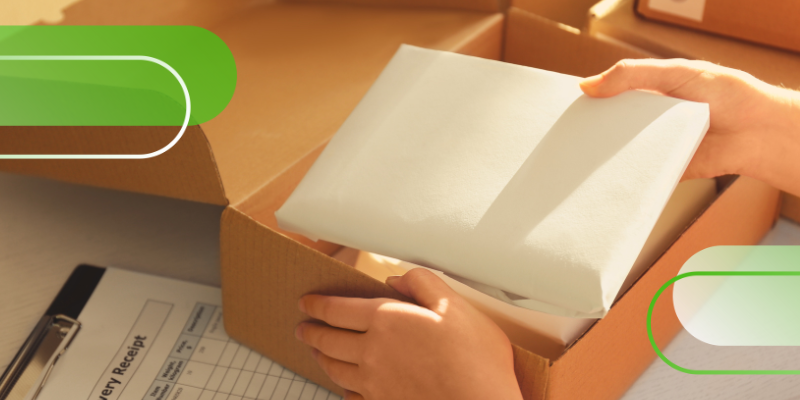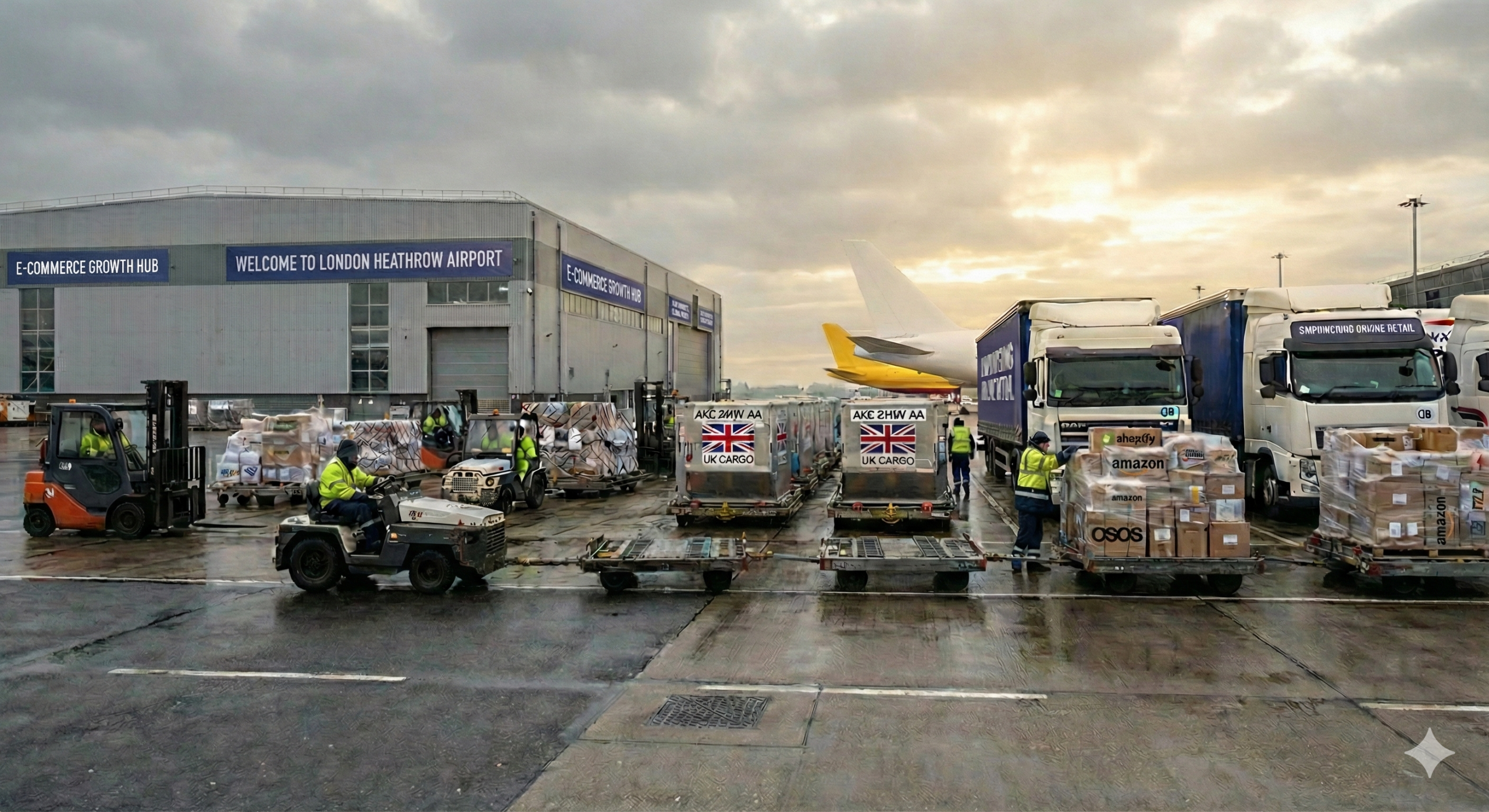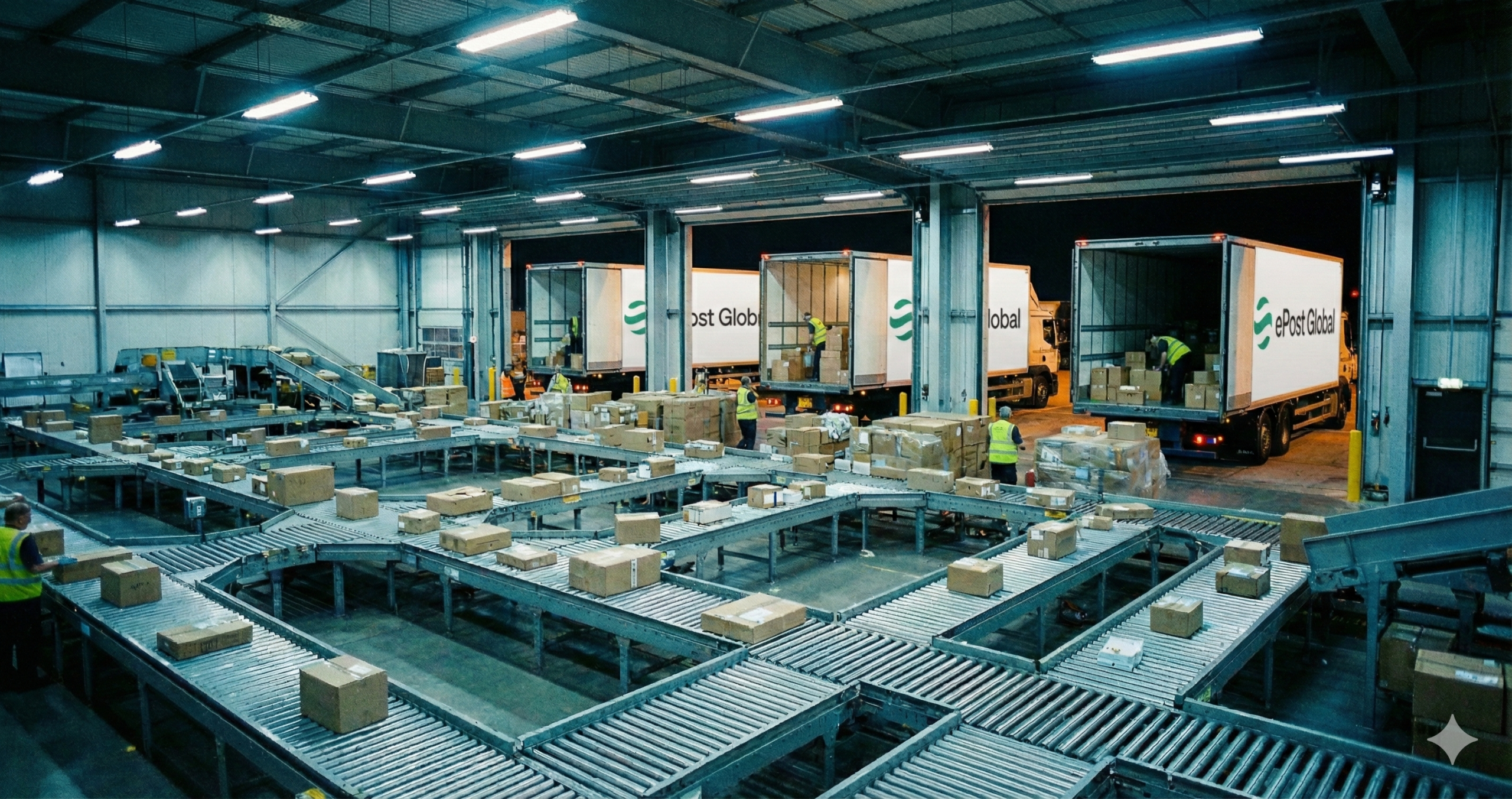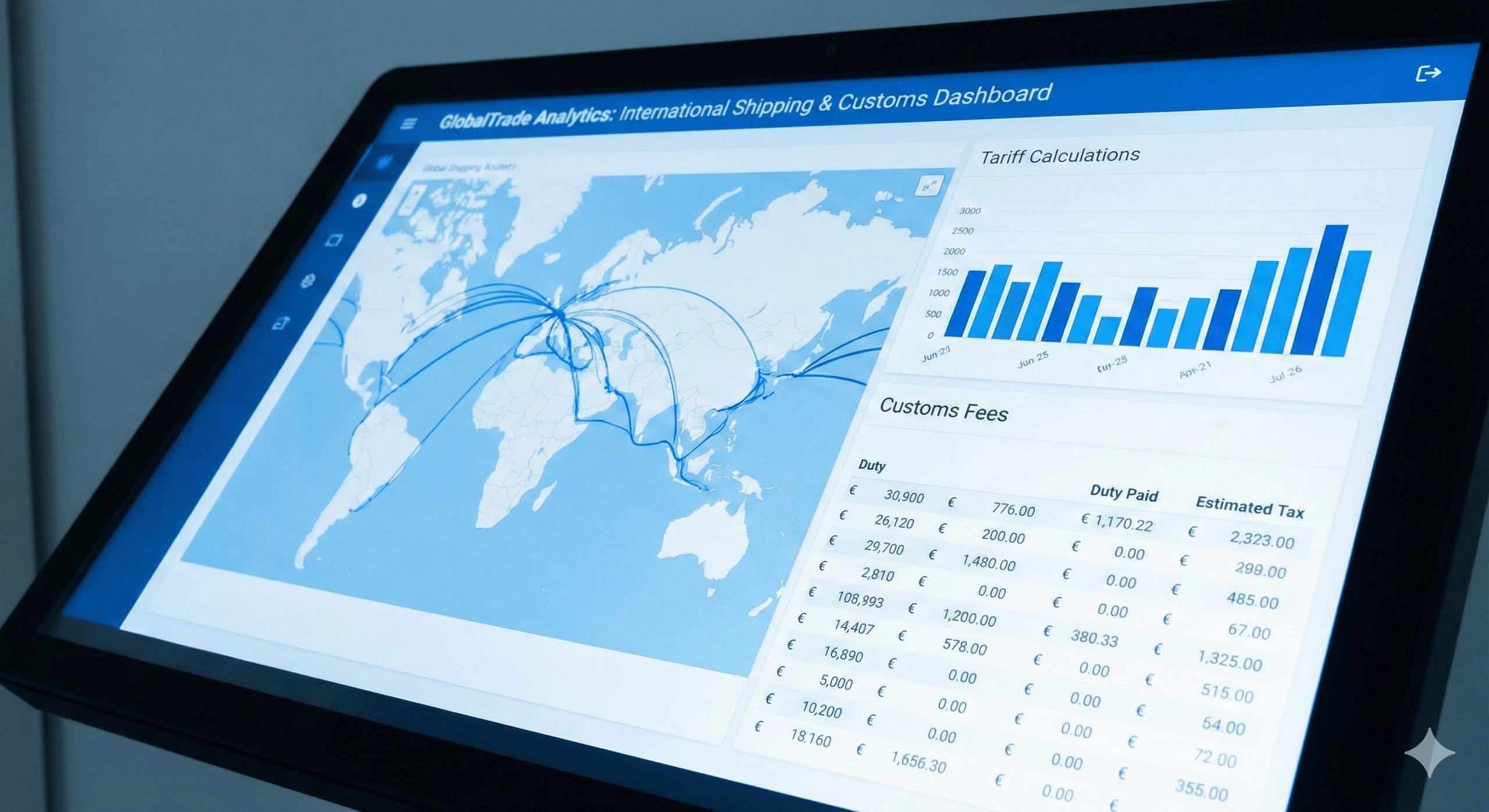When it comes to sustainability, France is setting a bold example with its packaging laws aimed at reducing waste, protecting the environment, and holding businesses accountable. The new packaging laws, which include stringent labeling requirements, bans on certain types of plastic packaging, and an emphasis on reusable and compostable materials, might feel daunting at first. But don’t let the regulations scare you. Instead, consider this: Adapting to these laws isn’t just about compliance; it’s also an opportunity.
By embracing sustainable packaging practices, U.S. retailers can position themselves as forward-thinking brands that prioritize environmental responsibility. Beyond meeting France’s legal requirements, these changes can help future-proof your business for other markets, improve supply chain efficiency, and appeal to eco-conscious consumers globally.
In this post, we’ll break down what you need to know about France’s packaging legislation and how these changes can become a launchpad for innovation and growth.

Breaking Down the New Packaging Laws
France’s new packaging legislation, driven by its commitment to sustainability and waste reduction, is part of a larger trend within the European Union. These laws are designed to minimize environmental impact while promoting innovation in packaging materials and waste management. For U.S. retailers shipping to France, here’s a breakdown of the main requirements:
1. Bans on specific packaging materials
France has implemented strict bans on certain types of packaging products to curb plastic pollution and reduce packaging waste:
- Single-use plastics. Items like plastic straws, cutlery, and food containers are prohibited. This ban extends to plastic bags, forcing businesses to transition to reusable or compostable options.
- PFAS (per- and polyfluoroalkyl substances). Commonly referred to as "forever chemicals," PFAS used in certain types of packaging, such as food packaging, are restricted due to their environmental and health risks.
- Non-compostable plastic packaging. For industries like food service, businesses must shift to compostable or biodegradable alternatives for their packaging materials.
2. Extended producer responsibility (EPR)
One of the cornerstones of France’s new laws is the extended producer responsibility (EPR) framework:
- Producers are responsible for the entire lifecycle of the packaging they introduce to the market, including its collection, sorting, and recycling.
- This includes joining a producer responsibility organization (PRO) in France, which oversees waste management programs to ensure compliance.
- Businesses must demonstrate how they are reducing packaging waste and increasing the use of recycled content, such as post-consumer recycled materials.
3. Labeling requirements
France has introduced comprehensive labeling rules to ensure transparency and better waste management:
- Recycling labels. Packaging must clearly indicate how it should be disposed of, with instructions for proper recycling or composting.
- Net quantity of contents. Accurate labeling is required to display the metric weight or volume of the contents, adhering to the U.S. Fair Packaging and Labeling Act (FPLA) and Federal Trade Commission (FTC) guidelines.
- Environmental claims. Any claims about sustainability or recyclability must comply with FTC Green Guides to avoid misleading consumers and meet French regulations.
4. Promotion of sustainable packaging
The laws encourage businesses to shift toward sustainable packaging through the following:
- Recycled content requirements. Packaging must include a certain percentage of recycled materials, with goals to steadily increase the percentage over time.
- Reusable packaging systems. Retailers are incentivized to implement reusable packaging systems to reduce single-use waste.
- Compostable alternatives. For food packaging and personal care items, businesses are urged to adopt compostable materials to meet both functional and environmental standards.
5. Waste reduction targets
France’s packaging regulations are tied to ambitious waste reduction goals, including:
- Reducing packaging waste by 15% by 2030.
- Achieving higher recycling rates across all industries, with specific benchmarks for materials such as plastic, paper, and glass.

Tips for U.S. Retailers to Stay Compliant
Adapting to France’s new packaging laws might seem challenging, but with the right strategies, U.S. retailers can not only comply but also position themselves as leaders in sustainability.
Here are actionable tips to help your business align with these regulations and thrive in the French market:
1. Audit your current packaging materials
- Evaluate packaging products. Start by reviewing your existing packaging materials to identify items that don’t comply with France’s laws, such as single-use plastics, PFAS-containing materials, or nonrecyclable packaging.
- Focus on compostable options. Transition to compostable materials, especially for food packaging and personal care items, to meet both French and global sustainability standards.
2. Incorporate recycled and sustainable materials
- Post-consumer recycled content. Ensure your packaging contains recycled materials to comply with France’s focus on reducing virgin plastic use.
- Recyclable materials. Shift to packaging materials that are easily recyclable within the European Union, such as certain types of plastics, paper, or glass.
- Reusable packaging systems. Explore reusable packaging solutions, particularly for items like food service products, to minimize single-use waste and meet environmental protection goals.
3. Partner with a producer responsibility organization (PRO)
- Join an EPR program. As part of the extended producer responsibility framework, you’ll need to partner with a recognized PRO in France to manage the collection and recycling of your packaging waste.
- Collaborate with your distributor. Work closely with French distributors to streamline compliance with EPR laws, ensuring that all packaging introduced to the market is accounted for.
4. Redesign packaging for functionality and compliance
- Optimize for functionality. Ensure your new packaging not only meets environmental standards but also preserves product quality, especially for food contact materials.
- Eliminate plastic bags. Replace plastic bags with reusable, compostable, or recyclable alternatives that align with France’s bans on single-use plastic.
- Update labeling requirements. Ensure that your packaging adheres to France’s strict labeling regulations, including clear instructions for recycling and accurate net quantity of contents in metric measurements.
5. Leverage technology for compliance
- Smart packaging solutions. Use QR codes or other technology to provide consumers with detailed disposal and recycling instructions, reducing confusion and promoting proper waste management.
- Traceability tools. Implement supply chain traceability systems to track recycled content, labeling accuracy, and EPR compliance in real time.
6. Collaborate across your supply chain
- Engage suppliers. Work with your packaging suppliers to source compliant materials and redesign your packaging according to France’s packaging legislation.
- Coordinate logistics. Ensure your logistics partners are equipped to handle compliant packaging and meet waste reduction targets during transport and delivery.
7. Build a circular economy strategy
- Embrace waste reduction. Incorporate a waste reduction plan into your operations, including reusable or returnable packaging models.
- Focus on recycling rates. Align your practices with France’s high recycling-rate targets by offering easy recycling options to consumers.
- Adopt stewardship principles. Take ownership of your packaging’s lifecycle, from design to disposal, to meet both French and EU expectations.
8. Educate your team and consumers
- Internal training. Train your team on France’s packaging regulations and the importance of sustainable practices.
- Consumer education. Use your platform to educate French customers on how to properly recycle or reuse your packaging, enhancing transparency and trust.
9. Stay ahead by following U.S. trends
- Learn from U.S. state laws. California, Oregon, Maryland, New York, and other states have implemented or are considering EPR laws and packaging regulations. Use these as a benchmark to anticipate global trends and prepare for wider adoption of similar laws.
- Collaborate with federal bodies. Stay informed about developments from the Food and Drug Administration (FDA), the Federal Trade Commission (FTC), and other regulatory bodies overseeing packaging legislation and environmental standards.
10. Monitor and adapt to regulatory changes
- Track new updates. Keep an eye on France’s evolving environmental protection policies and EU directives.
- Leverage local expertise. Partner with local compliance consultants or legal experts to ensure your strategies remain effective and aligned with current regulations.
Turning Compliance into a Competitive Edge
At first glance, France’s new packaging laws might seem like just another compliance hurdle for U.S. retailers. But these laws are more than just regulations; they’re an opportunity to set your brand apart in an increasingly competitive global market. By embracing these changes, you can innovate, improve your sustainability practices, and align your business with the growing demand for environmental responsibility.
France’s packaging laws compel businesses to rethink their approach to packaging design, but this challenge can also be a springboard for creative solutions. For instance, the requirements encourage companies to redesign with purpose, exploring multifunctional packaging options that not only meet compliance but also appeal to eco-conscious consumers. Reusable or compostable food packaging is an excellent example of how compliance can align with customer values while reducing waste. Additionally, investing in smart packaging solutions, such as QR codes or NFC tags, can transform packaging into a tool for consumer engagement. These technologies can provide information about recycling, product origins, and even loyalty incentives, creating a more meaningful customer experience.
Sustainability is becoming a defining feature of brands worldwide, and France’s emphasis on this trend offers U.S. retailers a chance to position themselves as forward-thinking leaders. Highlighting eco-friendly practices— using recycled materials and compostable options, implementing waste reduction strategies—not only aligns with French regulations but also enhances your brand’s appeal to consumers. French shoppers, with a willingness to shift their behavior in favor of sustainability consciousness, are more likely to support brands that actively demonstrate environmental responsibility. Aligning your packaging with these values fosters trust and builds long-term loyalty.
Beyond the French market, complying with these packaging laws positions your brand for global success. Similar regulations are emerging worldwide, and early adoption sets your business apart as an industry leader. Preparing for these trends now not only provides a competitive edge in the U.S. but also enhances your reputation with eco-conscious global consumers, making future market entries smoother.
While sustainable packaging might seem like an added expense, it can lead to significant cost savings in the long run. Optimizing packaging materials and reducing unnecessary waste lowers production and shipping costs. Additionally, streamlining packaging design to meet both functionality and sustainability standards can create efficiencies across the supply chain, benefiting your bottom line while reinforcing your environmental commitment.
France’s laws also encourage businesses to adopt a circular economy model, where packaging materials are reused, recycled, or composted rather than discarded. This shift opens up branding opportunities. For instance, implementing reusable packaging systems for repeat customers not only complies with regulations but also strengthens loyalty and trust. These sustainability efforts can become a powerful marketing narrative. Sharing stories of how your brand is reducing plastic waste, improving recycling rates, or contributing to environmental protection resonates deeply with consumers and differentiates your brand in a crowded marketplace.
Adapting to these laws doesn’t have to be—in fact, shouldn’t be—a solo effort. Partnering with innovative suppliers, distributors, and logistics providers can help you build a robust compliance strategy. Collaborating with packaging producers specializing in compostable and post-consumer recycled materials ensures your packaging meets both functionality and regulatory standards. Additionally, leveraging local expertise through French or EU-based consultants can keep your business aligned with evolving regulations and market expectations.
Ultimately, France’s packaging regulations are more than challenges. They are opportunities to innovate, connect with environmentally conscious consumers, and future-proof your business for global markets. By taking a proactive and creative approach, U.S. retailers can transform compliance into a strategic advantage, setting the stage for long-term success in an increasingly sustainability-driven world.
A Look into the Future
France’s packaging regulations are not an isolated development—they represent a shift toward a more sustainable future in global eCommerce. By complying now, you’re not just meeting the current standard; you’re preparing your business for what’s to come. Whether it’s Europe, Canada, or U.S. states like New York and Maryland, sustainability-focused packaging laws are becoming the norm. Brands that adapt early are the ones that will thrive.
So don’t fear the changes. Use them to your advantage. These laws provide the perfect opportunity to innovate, connect with environmentally conscious consumers, and lead the charge toward a more sustainable future.
If you've got questions, ePost Global is here to help. Contact us today about packaging laws or shipping internationally.




